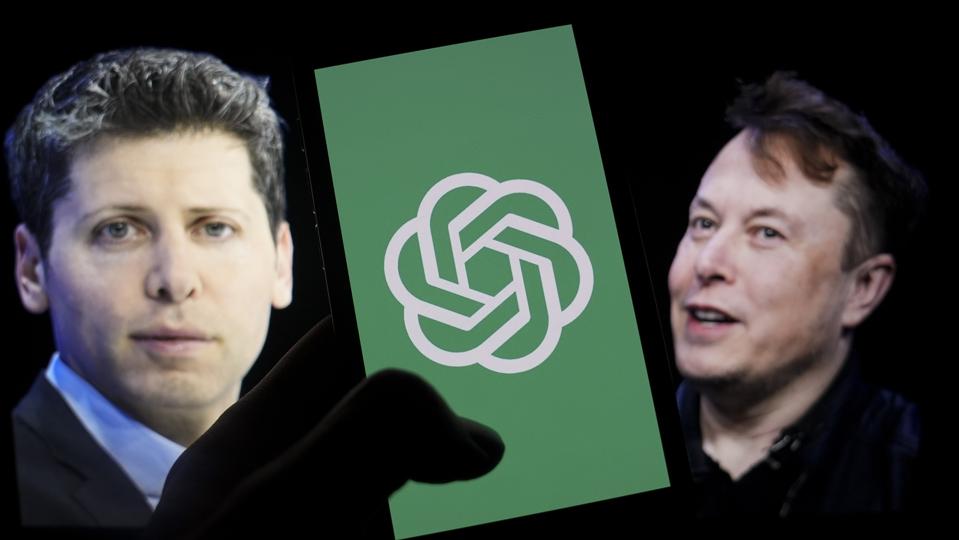OpenAI requested the dismissal of Elon Musk’s federal lawsuit against the company Tuesday—alleging it was a harassment effort aimed at boosting the billionaire’s own artificial intelligence startup xAI—two months after Musk accused OpenAI of abandoning its founding mission of developing a AI platform to “benefit humanity” in favour of maximising profits.

OpenAI has sought the dismissal of Musk’s case against the company and its founder Sam Altman.
Anadolu via Getty Images
Key Takeaways
- In a motion for dismissal filed before a California federal court on Tuesday, OpenAI said Musk’s suit was the latest move in an “increasingly blusterous campaign to harass OpenAI for his own competitive advantage.”
- The company said Musk once supported its core goal of seeking “safe and beneficial development of artificial general intelligence,” but the billionaire allegedly “abandoned the venture when his bid to dominate it failed.”
- OpenAI’s filing notes Musk has since launched his own artificial intelligence startup, xAI, and alleges he is “trying to leverage the judicial system” to gain a competitive edge in the space.
- The ChatGPT-maker claims the “core documents and facts alleged” in Musk’s federal lawsuit are the same as Musk’s initial lawsuit on the matter brought before a state court, which he abandoned in June.
- Musk has yet to comment on the filing.
Crucial Quote
The filing says Musk’s “complaint is a PR stunt comprising…unimproved and implausible variants of contract and fiduciary claims he was not prepared to defend in state court; and… implausible theories of fraud and false advertising that do not identify particular false representations.”
Key Background
Musk first sued OpenAI and its CEO Sam Altman earlier this year, accusing the company of abandoning its original goal of developing an open-source artificial general intelligence that would “benefit humanity” in favor of maximizing profits. In the case filed before the San Francisco Superior Court, Musk accused the company and its leadership of reneging on its original agreement to build a freely and publicly available rival to works made by the likes of Google’s DeepMind.
A few days later, the company shot back against Musk’s claims in a blog post, noting the billionaire—who was one of OpenAI’s co-founders—recognised in 2017 that a “for-profit entity” would be needed to achieve OpenAI’s goals of creating artificial general intelligence. The company alleged Musk even attempted to become the CEO and major equity holder of the for-profit entity.
But OpenAI claimed it could not agree with the billionaire’s terms because the company felt it was against its mission “for any individual to have absolute control.” The post added Musk was “someone who inspired us to aim higher, then told us we would fail, started a competitor, and then sued us when we started making meaningful progress towards OpenAI’s mission without him.” In June, the billionaire withdrew the lawsuit against OpenAI, only to reopen it before a federal court in August.


